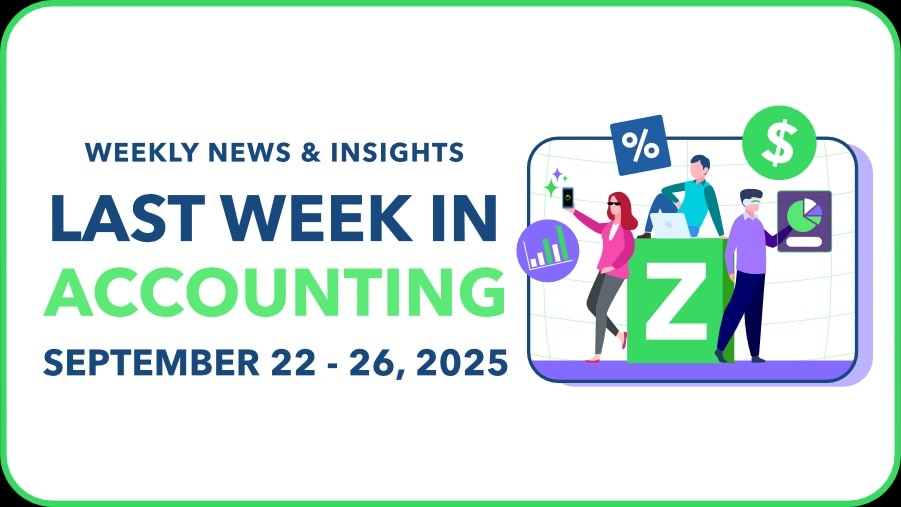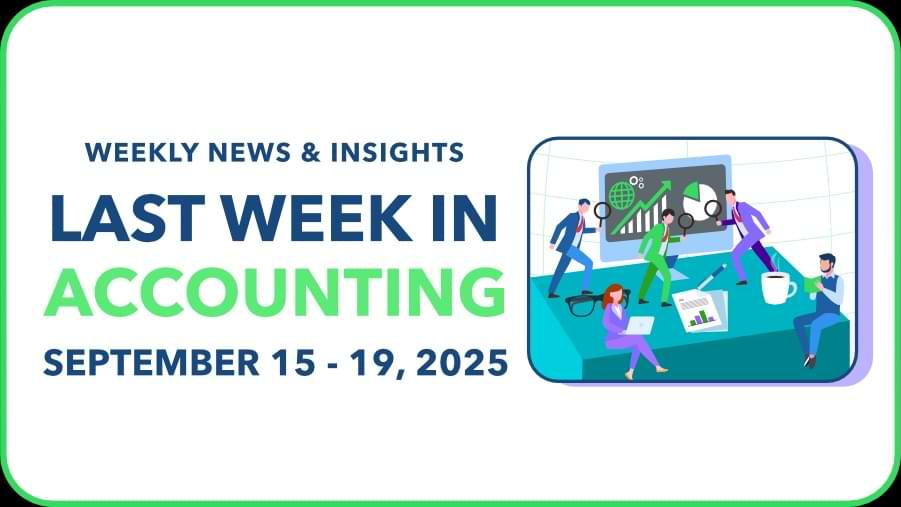🔍 Top headlines
Gen Z revives accounting as a promising career path
Long dismissed as one of America’s “boring” jobs, accounting is attracting new energy from Gen Z, just as the profession faces a historic shortage. We’ve covered the numbers before: 340,000 accountants have left in the past five years, and 75 percent of those remaining are expected to retire within a decade. But this latest trend signals that revitalization isn’t completely unlikely.
Gen Z is drawn to work that combines stability with purpose, and accounting is beginning to offer both. Programs like the IRS’s Volunteer Income Tax Assistance (VITA) show students the profession’s human side, helping low-income families secure nearly $11 million in refunds at California State University, Northridge, in 2024 alone. For many, the work feels less like number crunching and more like changing lives, from recovering lost Social Security benefits to putting thousands of dollars back in household pockets.
AI buildouts reveal hidden capex surge at Microsoft and Oracle
The race to build AI infrastructure is costing Big Tech hundreds of billions of dollars— and the true spend is even higher than it looks. Companies like Microsoft and Oracle are increasingly turning to finance leases, a tool that allows them to acquire data centers without the immediate free-cash-flow hit of traditional capital expenditures. Microsoft’s finance-lease liabilities jumped 70% in fiscal 2025 to $46.2 billion, while Oracle booked $4 billion in its latest quarter after reporting none a year earlier.
The accounting implications here are twofold: first, headline capital expenditure (capex) numbers no longer tell the full story, and second, lease accounting is becoming a critical lens for evaluating corporate financial health. Adding finance leases into the equation pushes Microsoft’s capex-to-sales ratio from 28% to 38% and Oracle’s from 41% to 58%. With Amazon and Meta also ramping up lease commitments, the intensity of AI investment and the accounting maneuvering behind it is reshaping balance sheets across the sector.
FASB weighs next steps on intangibles accounting
FASB is reviewing more than 40 comment letters on whether to update standards for intangibles with assets such as brand recognition, patents, and customer relationships. Under current guidance, most acquired intangibles are recognized as assets, while those developed internally are expensed, leaving a gap in how companies report the value drivers of a service- and technology-based economy.
Feedback during the public comment period was mixed. While many agreed that a single, principles-based standard isn’t workable, stakeholders suggested tailoring recognition to the type and stage of the intangible. The CFA Institute called intangibles one of accounting’s “hard problems,” urging a disclosure-first approach to give investors more visibility into unrecognized assets. Board members echoed that one-size-fits-all rules may not apply, signaling that any project would need to balance comparability with practical application. For firms, any shift could reshape reporting in areas where intangible value outweighs physical assets.



